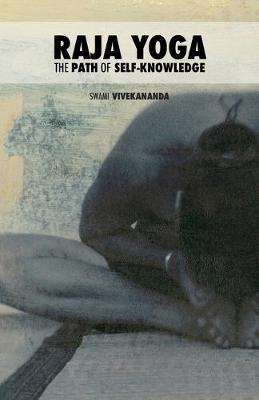Four Paths of Yoga
3 primary works
Book 2
All the orthodox systems of Indian philosophy have one goal, the liberation of the soul through perfection. The method is by Yoga. The subject of the present book is that form of Yoga known as Raja-Yoga. The aphorisms of Patanjali are the highest authority on Raja-Yoga, and form its textbook. The other philosophers, though occasionally differing from Patanjali in some philosophical points, have, as a rule, acceded to his method of practice a decided consent. This book comprises several lectures to classes delivered by the present writer in New York.
Simple and specific directions are given for the student who wants to practice, but all such are especially and earnestly reminded that, with few exceptions, Yoga can only be safely learnt by direct contact with a teacher. If these conversations succeed in awakening a desire for further information on the subject, the teacher will not be wanting.
Simple and specific directions are given for the student who wants to practice, but all such are especially and earnestly reminded that, with few exceptions, Yoga can only be safely learnt by direct contact with a teacher. If these conversations succeed in awakening a desire for further information on the subject, the teacher will not be wanting.
Book 3
The word Karma is derived from the Sanskrit Kri, to do; all action is Karma. This word also means the effects of actions. In Karma Yoga, the word Karma has the meaning of work. The goal, or work, of mankind is knowledge. This knowledge is inherent in mankind, no knowledge comes from outside, it is all inside. All knowledge the world has ever received comes from the mind; the infinite library of the universe within your own mind. Discovering, and understanding, this wealth of inner knowledge is the goal of Karma Yoga.
Book 4
Bhakti-Yoga Definition of Bhakti The Philosophy of Ishvara Spiritual Realisation, the aim of Bhakti-Yoga The Need of Guru Qualifications of the Aspirant and the Teacher Incarnate Teachers and Incarnation The Mantra: Om: Word and Wisdom Worship of Substitutes and Images The Chosen Ideal The Method and the Means


